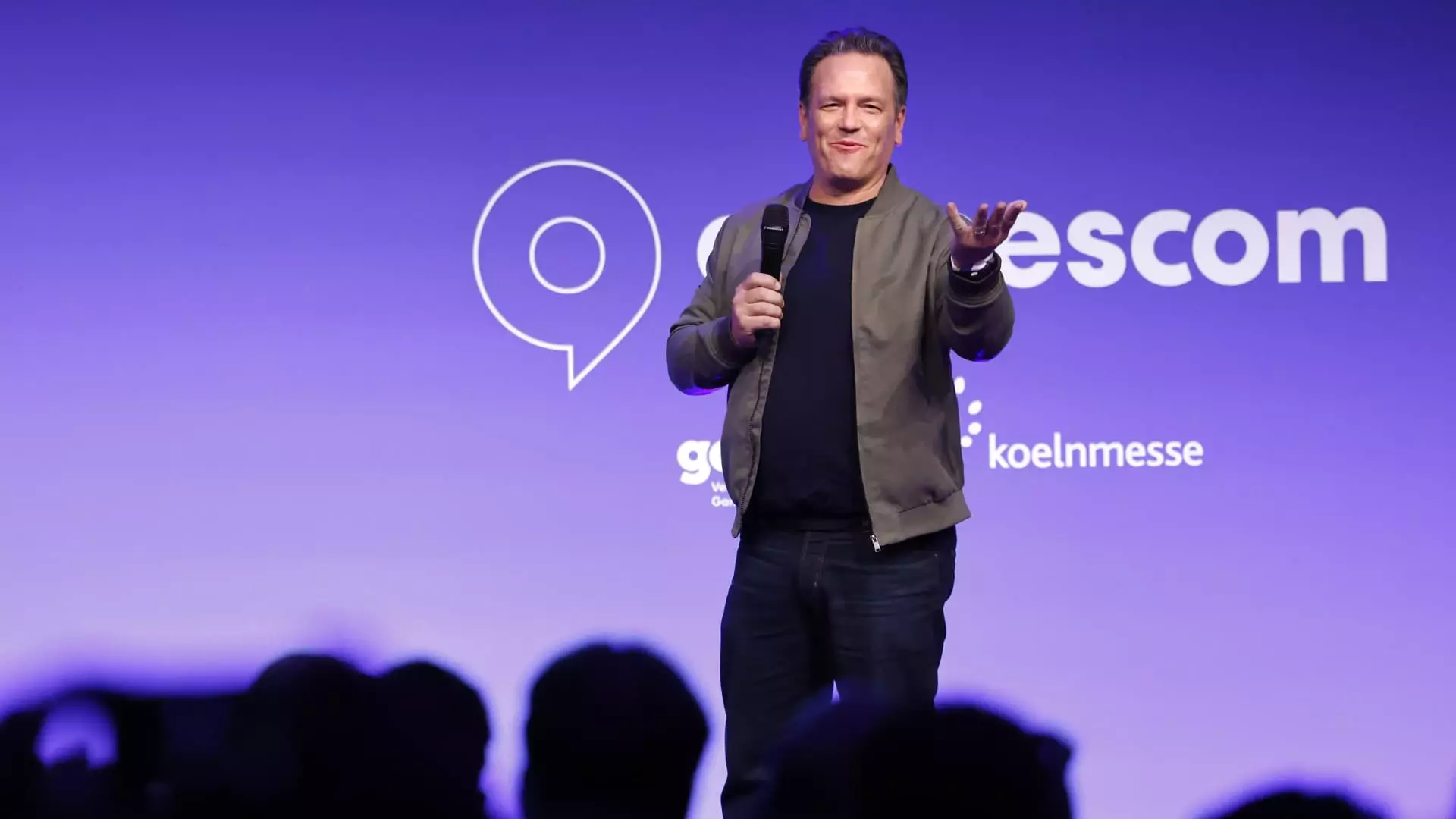In a significant strategic shift, Microsoft has announced plans to enable users to purchase and play video games through its Xbox app on Android starting this November. This development comes on the heels of a recent U.S. court ruling that mandates Google to entertain alternative app store options for its Android platform. As legal battles unfold in the gaming realm, Microsoft’s proactive approach indicates a determined effort to capitalize on newfound opportunities.
The catalyst for Microsoft’s decision lies in a landmark legal ruling against Google, which emerged from its ongoing litigation with Epic Games, the publisher of the immensely popular Fortnite. The court’s decision aims to dismantle Google’s considerable control over its Play Store, ostensibly fostering a more competitive environment. As Google prepares to appeal the ruling, players in the gaming industry are evaluating the ramifications this litigation will have on their business strategies. Microsoft’s strategy to navigate this evolving landscape demonstrates a keen awareness of the mobile gaming ecosystem’s complexities and a willingness to adapt.
What This Means for Xbox and Mobile Gaming
Sarah Bond, president of Microsoft’s Xbox division, encapsulated the essence of this transition in her statements regarding the court ruling’s positive implications for diversity in the mobile gaming market. With the new changes, gamers will be able to purchase Xbox titles directly without sharing revenue with Google from in-app transactions. This marks a significant shift from the status quo, where developers often had to concede a substantial portion of their earnings to app store owners.
Currently, the Xbox app for Android facilitates game downloads to consoles and supports cloud gaming through a subscription model known as Game Pass Ultimate. By allowing direct purchases via their app, Microsoft not only streamlines the gaming experience for users but also positions itself strategically in a market dominated by competitors, including Apple and Google.
Moreover, Microsoft’s ambitions in mobile gaming have gained newfound urgency following its $75.4 billion acquisition of Activision Blizzard, which reinforces the company’s commitment to expanding its gaming presence. During a recent court hearing, Phil Spencer, CEO of Xbox, emphasized the necessity of attracting mobile users to ensure the Xbox platform’s relevance in an increasingly competitive landscape. This underscores a shift in focus towards mobile gaming, acknowledging that this segment is vital for future growth.
While Microsoft charts its course in the Android space, its stance on Apple’s iOS devices remains ambiguous. With ongoing antitrust scrutiny targeting Apple, many are eager to see how Microsoft will proceed in addressing the limitations imposed by Apple’s App Store, which also enjoys a monopoly-like status.
Microsoft’s endeavor to enable Xbox game purchases on Android could pave the way for a more decentralized distribution model, fostering greater competition and benefiting gamers. As the dust settles from the Google-Epic Games trial, and as Microsoft navigates its ambitious growth in mobile gaming, industry stakeholders will be watching closely. The outcomes of these legal battles could reshape the dynamics of digital game distribution and alter the competitive landscape for developers and gamers alike. As companies adapt to this rapidly changing environment, Microsoft is positioning itself at the forefront of a pivotal moment in gaming history.

